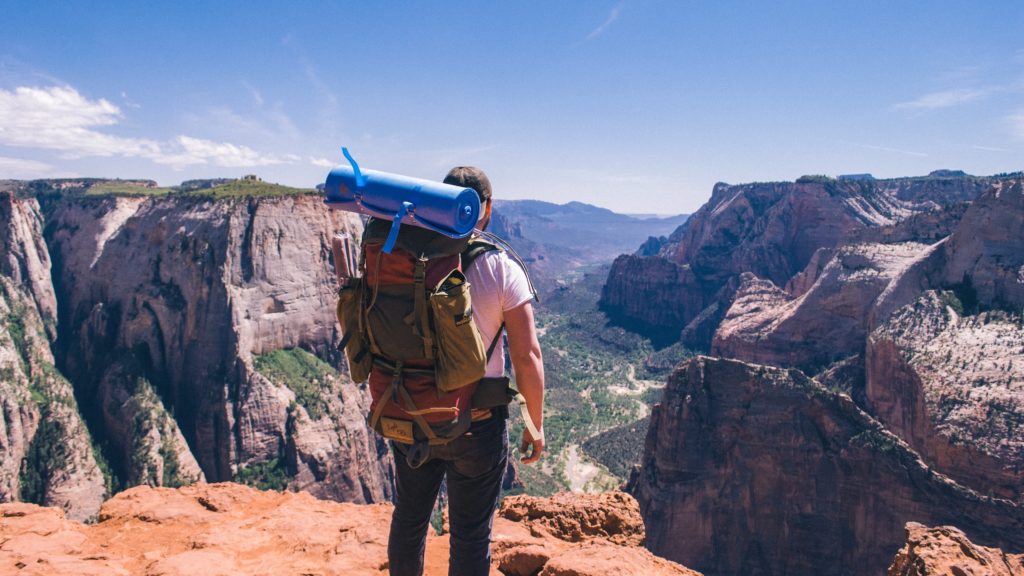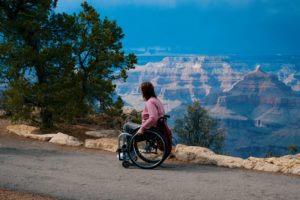Welcome to the backpacking guide for students, where you’ll go on a thrilling journey through the ins and outs of this exhilarating outdoor pursuit. From the serene trails of national parks to the off-the-beaten-path destinations that await the intrepid soul, Students Fare is here to equip you with the knowledge, tips, and inspiration you need to embark on an unforgettable backpacking expedition. So, pack your sense of adventure and get ready to embrace the excitement that awaits as we delve into the world of backpacking for student explorers!
What Is Hiking vs Backpacking?
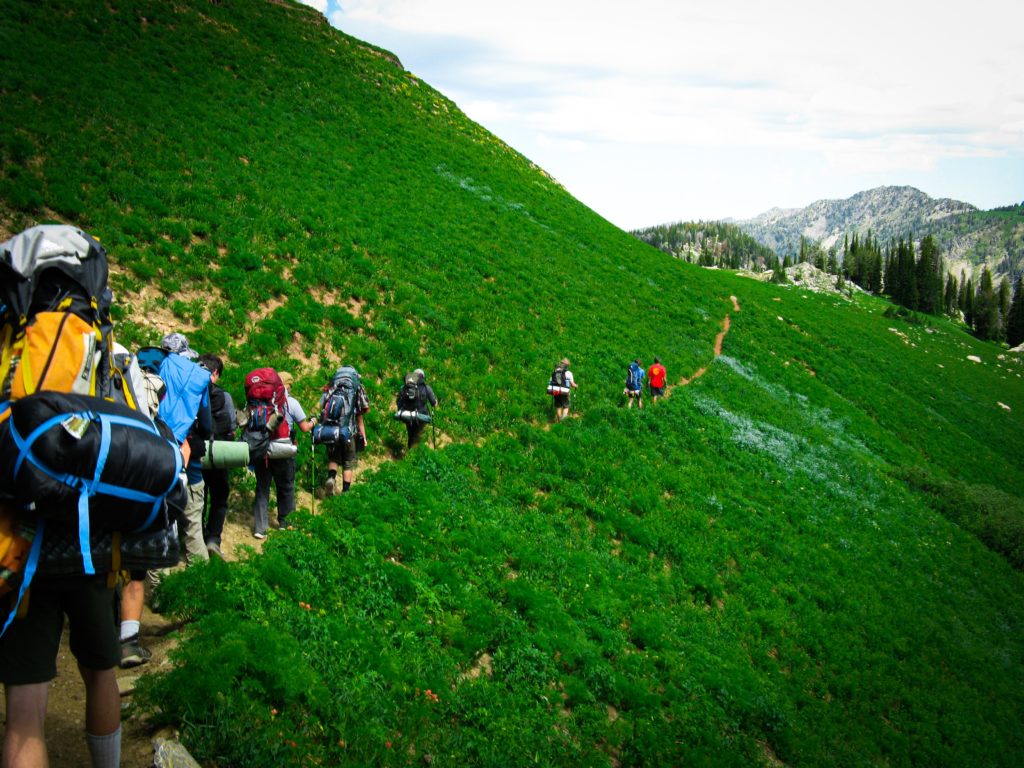
Hiking typically refers to shorter, day-long excursions on well-marked trails in parks, nature reserves, or local areas, ranging from a few miles to several hours of walking. Hikers usually do not camp overnight in the wilderness and do not need to carry extensive camping gear, often returning to a base camp or their starting point by the end of the day.
On the other hand, backpacking entails multi-day trips, lasting from a few days to several weeks, during which adventurers venture into the backcountry and cover longer distances. Backpackers carry all their necessary camping gear, including a tent, sleeping bag, cooking equipment, and food, allowing them to spend nights in the wilderness away from established campgrounds. This self-sufficiency is crucial, as backpackers may not have access to amenities like restrooms or water sources along the way.
How Do You Choose A Backpacking Destination?
When planning a hiking trip, it’s crucial to consider several factors that can significantly impact the experience. The three main considerations are distance, incline, and landscape. Finding the right balance is essential when selecting a hiking trail. While too difficult a trek can lead to discomfort and frustration, choosing a path that’s too easy might not provide the level of adventure and satisfaction beginners seek.
For novice hikers, it’s best to start with shorter distances to allow them to acclimate to walking on uneven terrain and carrying a backpack. Opting for hiking trails that cover moderate distances, such as a few miles, is recommended, as it enables beginners to gradually build their stamina and confidence.
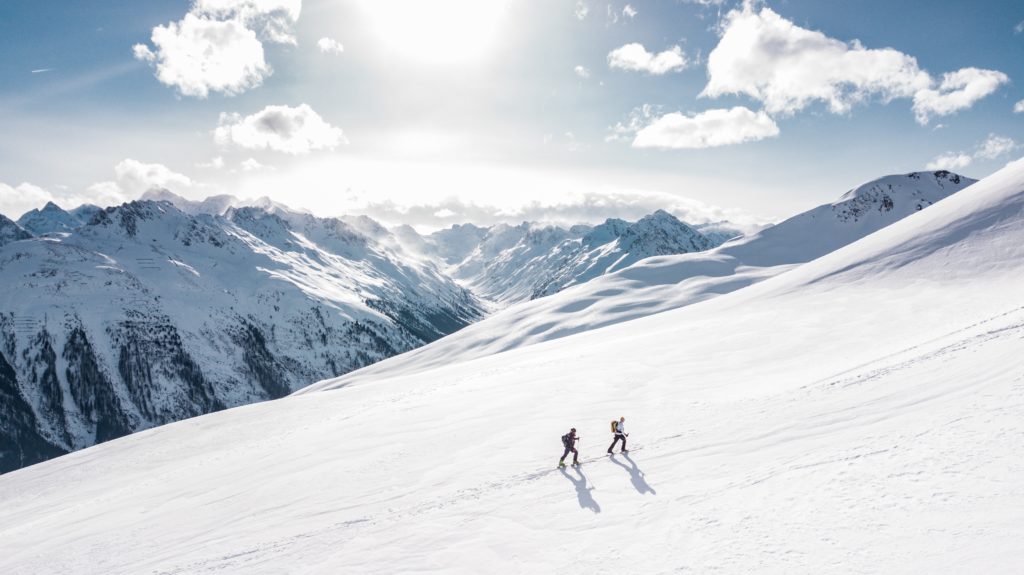
The elevation gain, or incline, of a trail, is another critical aspect to take into account. Steeper ascents can be quite challenging for beginners and may lead to fatigue or even injuries. Choosing trails with a gradual incline or minimal elevation gain allows beginners to focus on enjoying the surrounding nature without feeling overly strained.
Safety is paramount, especially for beginners. Opting for well-frequented trails and established campsites ensures that help is nearby if needed. Having other trekkers and backcountry campers in proximity can provide valuable assistance in case of emergencies or unforeseen challenges.
How Do You Choose Backpacking Supplies?
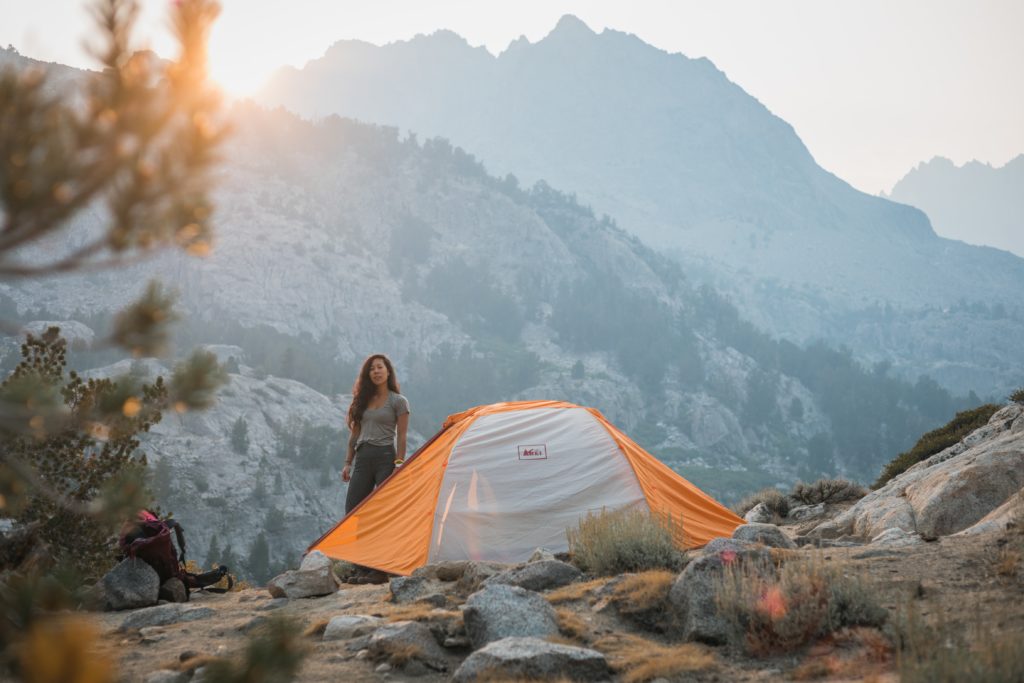
By borrowing or renting the most expensive items—your tent, sleeping bag, and sleeping pad—you may minimize your initial cost. Boots and, to a lesser extent, packs need to be your very own personal equipment because they need to fit you well. Backpacking equipment needs to be lightweight and small since you have to carry it all and fit it into your pack. Here are a few necessities to carry with you for your first backpacking trip:
- TENT: Sharing a two-person tent is lighter and more cost-effective than two one-person tents. Opt for a four-season tent to be prepared for any weather.
- BACKPACK: Test the bag with around 30 pounds for a short walk to ensure comfort and support in the shoulders and hips. Avoid the lightest model, as it might be less comfortable and less padded.
- STOVE: For beginners, a single-burner camp stove weighing under a pound is sufficient. Gas canister stoves are often recommended for their simplicity and affordability.
- SLEEPING BAG: If you choose to purchase a bag, weigh the advantages and disadvantages of down fill vs synthetic fill. Synthetic is a wonderful option for your first bag because it is adaptable and typically less expensive than down.
- WATER TREATMENT: This is the most crucial item you should pack. You can get a filter, but chemical treatment—water-purifying tablets or drops you add to a bottle—is a quick, lightweight alternative for your first trip.
How Do You Make A Backpacking Meal Plan?
When planning for a full-day hiking trip, make sure to prepare meals for dinner, breakfast, and a few lunches. Although freeze-dried food for backpacking is convenient, it can be costly. To save money, consider shopping at a regular grocery store. Keep in mind that perishable foods like fresh eggs won’t be suitable without a cooler. Skip canned foods due to their weight, and be mindful of portion sizes to avoid carrying unnecessary weight and bulk. Additionally, pack enough food to cover a few additional days in the wilderness.
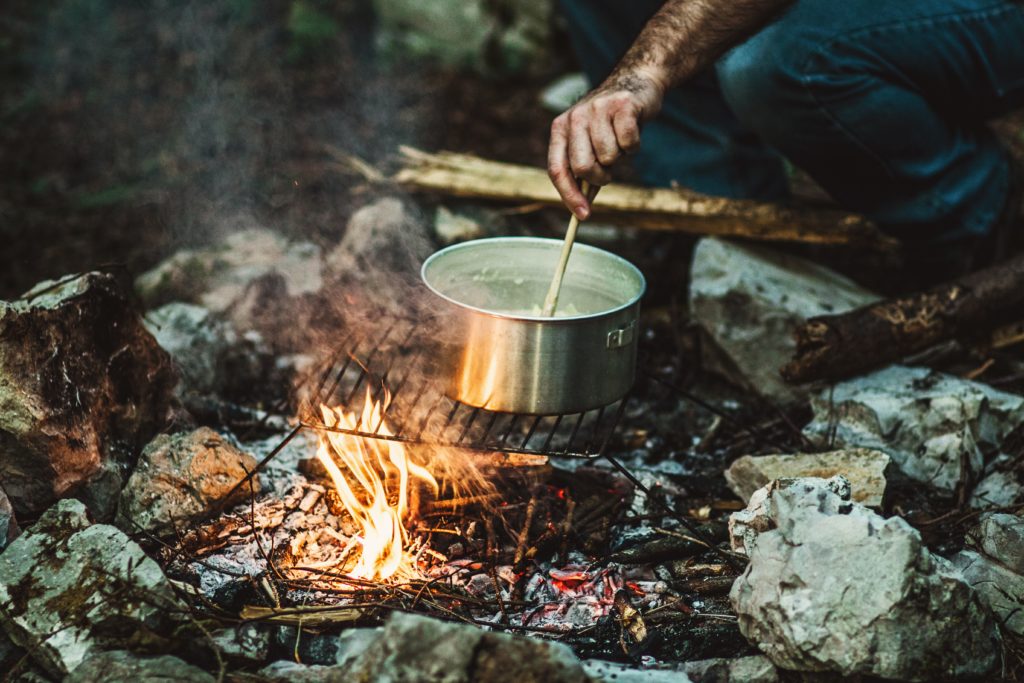
For dinner, consider options like instant noodles, dehydrated vegetables, or instant rice. Breakfast can be simple with instant oatmeal packets, granola or energy bars, and single-serving packets of nut butter. For lunches, opt for tortillas or pita bread with single-serve peanut butter and jelly packets, hard cheeses with crackers, or ready-to-eat tuna or chicken salad pouches. Don’t forget additional snacks such as trail mix, jerky, dehydrated fruit, and instant soup packets for warm breaks.
How Do You Prepare for A Backpacking Trip?
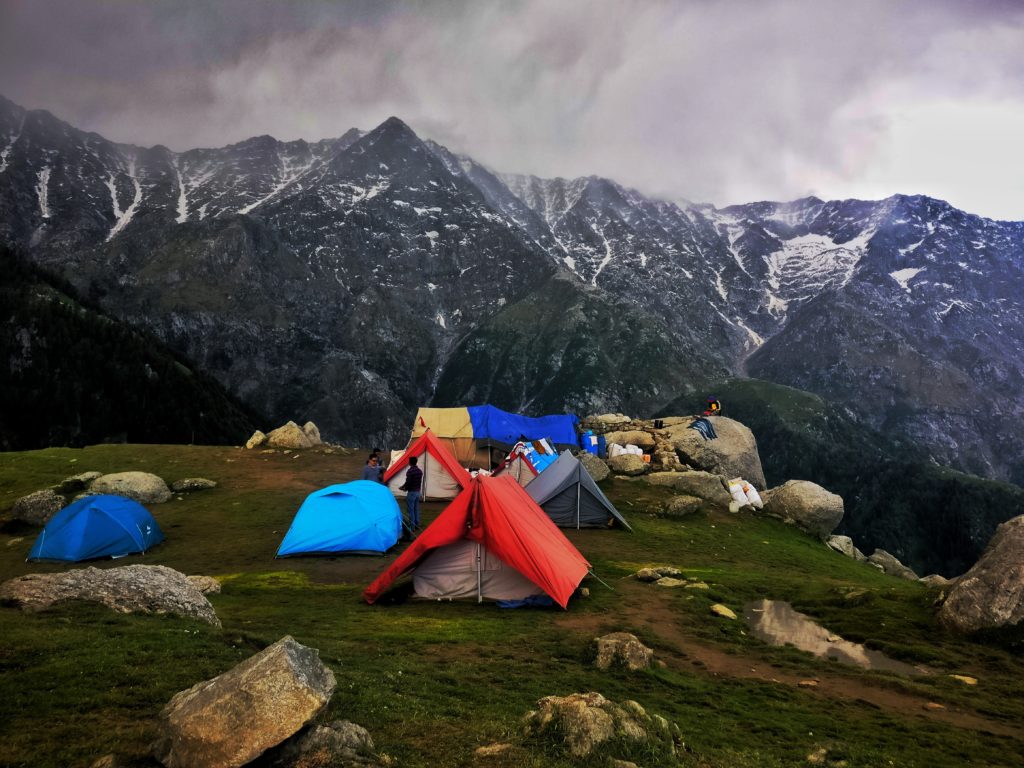
To prepare for a backpacking trip, even if you aren’t training for a marathon, it’s essential to build physical stamina. Engage in plenty of day walks and make sure you can navigate trails with similar duration and ascent as your intended route. Prior to the trip, complete a few hikes while carrying your backpack to get accustomed to the load. Also familiarize yourself with your equipment beforehand by setting up your tent, using your stove, and purifying water.
Acquiring fundamental knowledge of first aid and map-and-compass navigation is highly beneficial. These skills will serve you well not only for this trip but for any future backpacking excursions you might embark on. Being well-prepared physically and mentally will enhance your backpacking experience and ensure a safer and more enjoyable journey.
Students Fare Will Book Your Backpacking Trip!
Backpacking offers students a thrilling adventure and a chance for personal growth. Practicing with day walks and practice hikes builds stamina and confidence on the trails. Learning to use equipment and mastering first aid and navigation enhances safety. With this guide, you’ve already stepped into the wild and the trail will lead you to lasting memories. Students Fare can take you even further with amazing rates on flights and transportation – contact an agent today!

